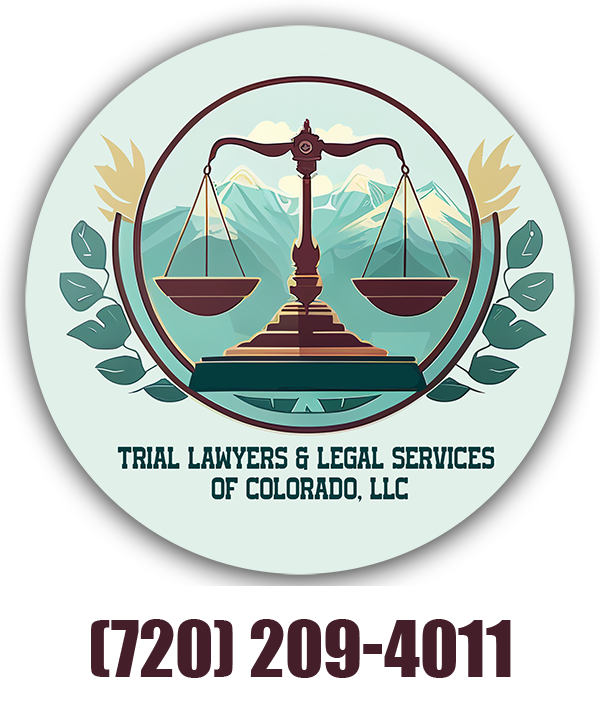After more than a year of working to conduct justice in the face of a global pandemic, federal courts are being buffeted by omicron, whose rapid speed of transmission is making jury trials more vulnerable to COVID-19 interruptions.
The Southern District of New York this week delayed a libel trial involving Sarah Palin and the New York Times, after learning that the former vice-presidential candidate had tested positive for COVID-19. The district is not alone. Many courts across the country are dealing with the challenge of last-minute COVID-19 diagnoses as they work to resume or sustain jury trials.

Chief Judge John R. Tunheim, District of Minnesota
“It makes it much more difficult to do a longer trial,” said Chief Judge John R. Tunheim, of the District of Minnesota. In Tunheim’s court, “one judge just pushed off a two-week civil trial till later in the spring because of omicron. It’s spreading so fast right now that it is causing more difficulties for all of us.”
While omicron appears to be less deadly than earlier coronavirus variants, it is far more contagious than the original COVID-19 strain, according to the Centers for Disease Control and Prevention. Much as omicron has disrupted air travel, schools, and other enterprises, it is difficult to plan a multi-week trial when an illness to a juror, lawyer, defendant, or witness can halt proceedings.
The District of Maryland has suspended jury trials until mid-February in response to the surge in COVID-19 cases. One trial that had been underway for eight weeks was temporarily suspended.
“The trial was paused as we waited for a defendant to recover from COVID,” said Chief Judge James K. Bredar, of the District of Maryland. “But, during that pause, a juror turned up positive.”
In recent weeks, jury trials have been postponed by district courts in the District of Columbia, Connecticut, Maryland, Massachusetts, New Jersey, Ohio-Northern, California-Central, and California-Northern.
Other courts are taking precautions when scheduling jury trials. Except for a trial that began this week for three Minneapolis police officers, charged with violating civil rights in the death of George Floyd, the District of Minnesota is scheduling trials that last just a day or two. In the officers’ trial, six alternate jurors have been selected, an unusually large number.
The Southern District of New York, which also is trying former lawyer Michael Avenatti on theft charges, is on the alert for omicron, said District Executive Edward Friedland.
“If someone from one of the parties has been exposed, is symptomatic or is COVID positive, the start of the case will be delayed based on public health guidance and courthouse guidelines,” Friedland said. “In terms of jurors, most judges are selecting more alternates than usual in case of an issue with one during the trial.”
New York-Southern has held more than 100 jury trials since the start of the pandemic. It has relied on an aggressive, multi-pronged safety effort.
Court visitors and staff must authenticate their health and pass in front of a non-contact digital thermometer before entering the courthouse. Lawyers and their clients use two-way communication devices to avoid whispering to each other in court. Jury boxes and jury deliberation rooms have been expanded, and strict mask requirements are in place.

Erin Bromage, biology professor, University of Massachusetts Dartmouth, is consulting with 11 federal court units.
Most courthouses have been “remarkably effective at stopping any transmission of COVID in the workplace,” said Erin Bromage, a professor of biology at the University of Massachusetts Dartmouth who advises 11 federal court units. Courts have done so by using such tools as masking, social distancing, and regulating building air flow to bring in more fresh air from the outdoors.
With omicron, “if 10 percent of the general population is infected at any given time, in a typical jury, chances are, one of those people is infected,” Bromage said. “We’ve had to think much more carefully how to continue. Do we have enough alternate jurors? Talking to counsel, can your second chair cover you if you’re out?”
A key vulnerability in the courtroom involves judges, lawyers, and witnesses, who typically must speak without masks during a trial. In the Southern District of New York, the court is putting lawyers and witnesses in enclosed plexiglass booths with special high-performance air filters.
As transmission escalates, some courts are stepping up rapid testing of anyone who must speak without a mask during a trial. Court staffs and trial participants also are being instructed to report any symptoms that might signal COVID-19.

Nora Tyer-Witek, Clerk of Court, District of Rhode Island
“Especially in the last six or eight weeks, it’s been, ‘If you’re sick, or a member of your household is sick, don’t come in. Wait till you have a negative test,’” Bromage said. “That puts up a firewall around the court.”
Nora Tyer-Witek, clerk of court for the District of Rhode Island, said federal courts across the country have scrambled to get rapid-testing kits for court staff. Her court has received tests from Rhode Island state health authorities, and they have helped protect the health of the staff and the public.
“Frequent testing allows our judges near 100 percent confidence that if they allow attorneys or witnesses to go without masks during the presentation of evidence, for example, that a spread of the virus is unlikely to occur,” she said. “That is a great relief, and we have heard very positive feedback from jurors as well.”
Related Topics: Judges & Judgeships, Jury Service
